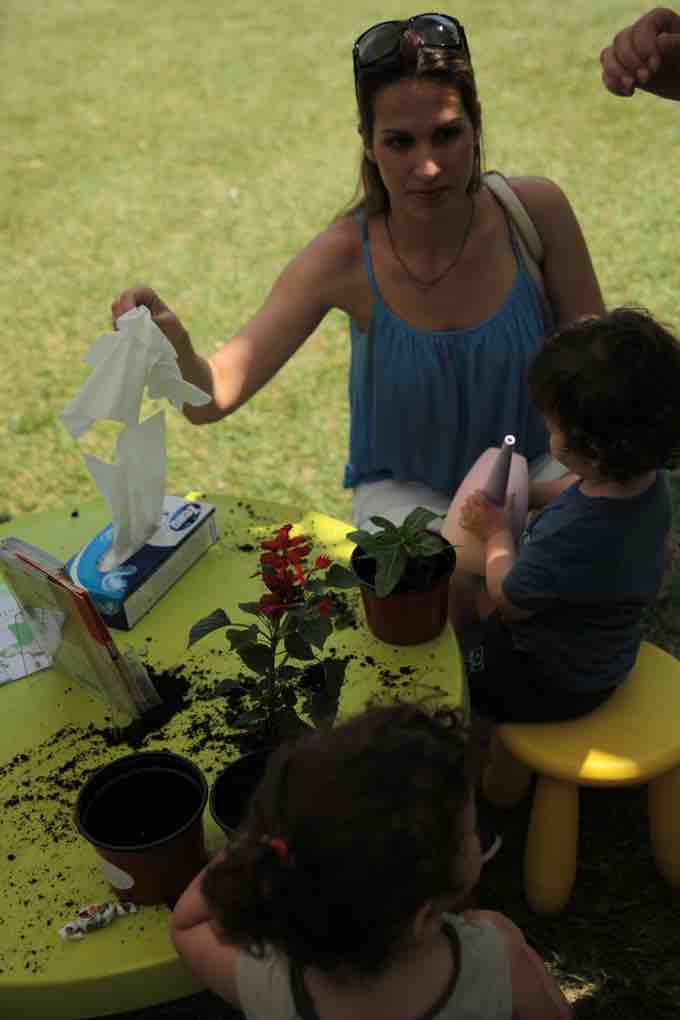Parenting is the process of promoting and supporting the physical, emotional, social, and intellectual development of a child from infancy to adulthood. Parenting refers to the aspects of raising a child aside from the biological relationship. Parenting is usually carried out by the biological parents of the child in question, although governments and society take a role as well.
Social class, wealth, and income have the strongest impact on what methods of child rearing parents use. Understanding parenting styles help us understand how those styles contribute to the behavior and development of children.
Parenting Styles
Developmental psychologist Diana Baumrind identified three main parenting styles in early child development: authoritarian, authoritative, and permissive. These parenting styles were later expanded to four, including an uninvolved style. These four styles of parenting involve combinations of acceptance and responsiveness on the one hand, and demand and control on the other.
- Authoritarian parenting styles can be very rigid and strict. If rules are not followed, punishment is most often used to ensure obedience. There is usually no explanation for punishment except that the child is in trouble and should listen accordingly.
- Authoritative parenting relies on positive reinforcement and infrequent use of punishment. Parents are more aware of a child's feelings and capabilities, and they support the development of a child's autonomy within reasonable limits. There is a give-and-take atmosphere involved in parent-child communication, and both control and support are exercised in authoritative parenting.
- Permissive or Indulgent parenting is most popular in middle class families in Western culture. In these family settings, a child's freedom and autonomy are valued and parents tend to rely mostly on reasoning and explanation. There tends to be little if any punishment or rules in this style of parenting and children are said to be free from external constraints.
- An uninvolved parenting style is when parents are often emotionally absent and sometimes even physically absent. They have no little to no expectation of the child and regularly have no communication. They are not responsive to a child's needs to do not demand anything of them in their behavioral expectations.
There is no single or definitive model of parenting. What may be right for one family or one child may not be suitable for another, although research shows that the authoritative parenting style is extremely effective and yields self-reliant, cheerful, and friendly children.
Various Parenting Practices
- Attachment Parenting: working strengthen the intuitive, psychological, and emotional bond between the primary caregiver and the child
- Helicopter Parenting: over-parenting; parents are constantly involving themselves, interrupting the child's ability to function on their own
- Narcissistic Parenting: parents are driven by their own needs; their children are an extension of their own identity; use their children to live out their dreams
- Positive Parenting: unconditional support, guiding them and supporting them for healthy development
- Slow Parenting: allowing the child to develop their own interests and allowing them to grow into their own person; lots of family time; allowing children to make their own decisions; limit electronics, simplistic toys
- Spiritual Parenting: respecting the child's individuality; making space for child to develop a sense of their own beliefs through their personality and their own potentials
- Strict Parenting: focused on strict discipline; demanding, with high expectations from the parents
- Toxic Parenting: poor parenting; complete disruption of the child's ability to identify one's self and reduced self-esteem; neglecting the needs of the child and abuse is sometimes seen in this parenting style
- Unconditional Parenting: giving unconditional positive encouragement
Parenting across the Lifespan
Family planning is the decision whether and when to become parents, including planning, preparing, and gathering resources. Parents should assess whether they have the required financial resources (the raising of a child costs around $16,198 yearly in the United States). They should also assess whether their family situation is stable enough and whether they themselves are responsible and qualified enough to raise a child. Reproductive health and preconceptional care affect pregnancy, reproductive success, and maternal and child physical and mental health. During pregnancy, the unborn child is affected by many decisions that his or her parents make, particularly choices linked to their lifestyle. The health and diet decisions of the mother can have either a positive or negative impact on the child in utero.
It is important to realize that parenting doesn't end when a child turns 18. Support is needed in a child's life well beyond the adolescent years and continues into middle and later adulthood. Parental support is crucial in helping children figure out who they are and where they fit in the world. Parenting is a lifelong process.

Parenting
Parents have to tend more to children's basic needs when they are young.